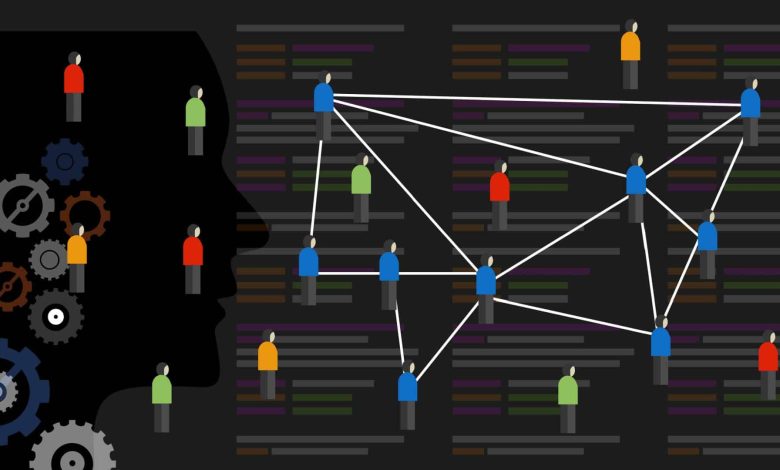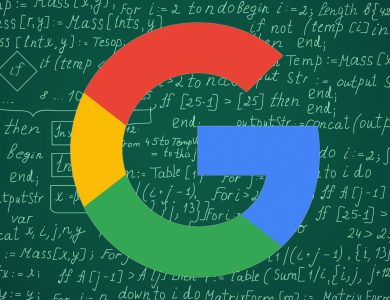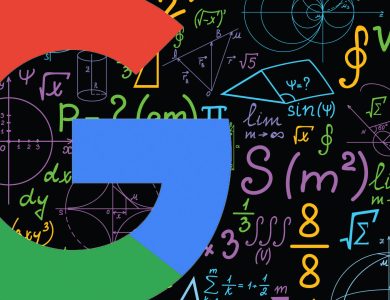
Understanding Google’s Use of Natural Language Processing (NLP)
Natural language processing (NLP) has revolutionized semantic search on Google, making understanding entity-based search crucial for SEO professionals. This article explores NLP, how Google uses it to interpret search queries and content, entity mining, and more.
What is Natural Language Processing?
NLP enables the comprehension of words, sentences, and texts to generate information, knowledge, or new text. It involves natural language understanding (NLU) for semantic interpretation and natural language generation (NLG).
Applications of NLP include:
- Speech recognition (text to speech and speech to text).
- Segmenting recorded speech into individual words, sentences, and phrases.
- Acquiring grammatical information.
- Identifying functions of words in a sentence (subject, verb, object, etc.).
- Extracting sentence and phrase meanings.
- Understanding sentence contexts and relationships.
- Performing linguistic text analysis, sentiment analysis, translations, chatbots, and question and answer systems.
Core components of NLP are:
- Tokenization: Dividing sentences into terms.
- Word type labeling: Categorizing words by function (subject, verb, adjective).
- Word dependencies: Identifying relationships based on grammar rules.
- Lemmatization: Normalizing word variations to their base form (e.g., “cars” to “car”).
- Parsing labels: Labeling words based on relational dependencies.
- Named entity analysis and extraction: Identifying and classifying known entities (e.g., organizations, products).
The Role of NLP in Search
Google uses NLP to train models like BERT and MUM for interpreting text, search queries, and multimedia content. NLP enhances:
- Interpretation of search queries.
- Classification of document subjects and purposes.
- Entity analysis in documents and search queries.
- Generating featured snippets and voice search answers.
- Expanding and improving the Knowledge Graph.
Google’s BERT (2019) and MUM (announced in 2021) updates highlight the importance of NLP in search. BERT improves query interpretation and ranking, impacting 10% of search queries initially. MUM, a multilingual model, answers complex search queries using multimodal data and can understand text, images, video, and audio files.
NLP’s Impact on Entity Mining
NLP is crucial for identifying entities and their meanings in unstructured data. It helps build relationships between entities and the Knowledge Graph. Speech tagging assists by recognizing potential entities (nouns), relationships (verbs), and descriptive information (adjectives, adverbs).
Google uses the Knowledge Graph alongside the traditional index to rank search results. Entities and their related documents are organized, with information exchanged between the classic index and the Knowledge Graph. This process involves:
- Identifying content entities.
- Determining the main entity of the content.
- Assigning ontologies to the main entity.
- Relating entities within the content.
- Assigning attributes to entities.
Future of NLP in Google Search
RankBrain, BERT, and MUM mark significant advancements in understanding search queries and documents. NLP facilitates the growth of knowledge databases like the Knowledge Graph, promoting semantic search. As NLP and semantic search continue to evolve, Google’s search results are expected to become increasingly entity-based rather than phrase-based.



